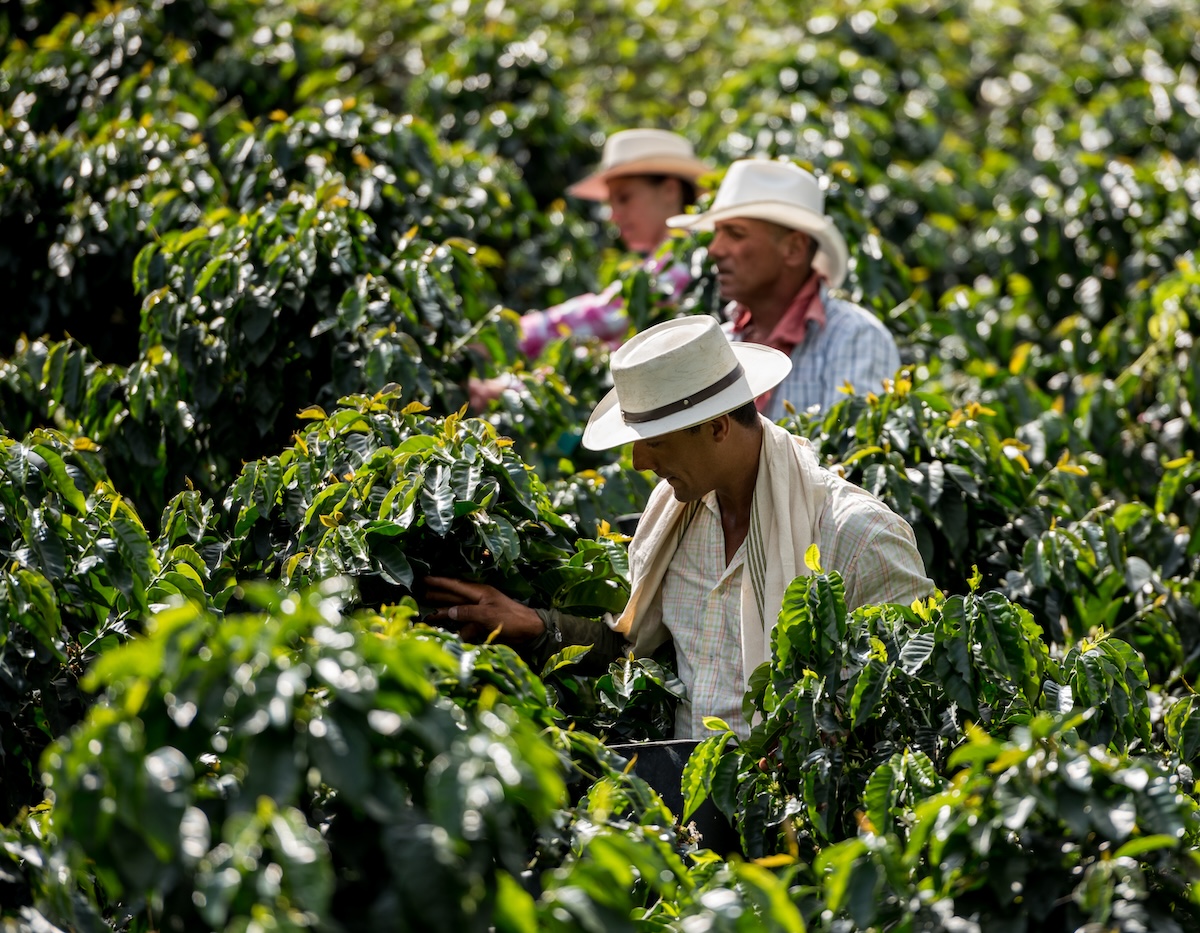A conversation with Mario Vega, Director of Coffee Trading at XTS Commodities
As the third-largest coffee exporter globally, Colombia’s coffee sector exports an average of 12 million bags annually, reaching nearly 14 million in 2024. Behind this production is a network of over half a million farming families. Some are organized into member-owned cooperatives that pool resources to market and sell their coffee. Yet the vast majority of farmers still face challenges accessing the working capital they need to meet growing demand from international markets. We spoke with Mario Vega about how XTS Commodities is helping these small farmers thrive.
Q1: Tell us about your experience in Colombia’s coffee sector.
Mario: I’ve spent two decades in Colombia’s agricultural sector with roles spanning strategic planning, commercial planning, sustainability, and sales and procurement. For the past twelve years, I’ve focused on coffee as the Regional Commercial Director at the National Federation of Coffee Growers (FNC), and now as the Director of Coffee Trading at XTS Commodities. My main experience spans helping buyers source specialty coffee, establishing transparent programs that track coffee from farm to port, and developing sustainability projects that meet both farmers’ and large corporations’ needs.
Q2: How does your experience shape your approach to helping farmers?
Mario: I understand both the business needs of international buyers and the practical realities of working with farming communities. At XTS Commodities, I apply that knowledge to help cooperatives reach their full potential. For example, a huge challenge for small farmers is accessing the working capital they need, when they need it, to effectively nurture their crops. We step in to provide that working capital.
Q3: Why is accessing working capital such a challenge for small farmers?
Mario: Traditional banks often view the agricultural sector, particularly in emerging markets, as high-risk borrowers. As a result, they impose rigid payment terms and high interest rates that don’t align with agricultural cycles — if they’re willing to lend at all. This financing gap limits farmers’ ability to achieve financial stability and grow, even among well-performing operations. At XTS, we recognize that Colombia’s small farmers and cooperatives have strong track records and established relationships with international buyers. In short, they are good borrowers and can put credit to effective use.
Q4: What makes your approach different from traditional agricultural lenders?
Mario: We’re creating financing structures that help farmers maintain healthy cash flows throughout the growing season. For instance, we source essential inputs like fertilizer from international markets at efficient rates. Then our in-kind financing program with Evoagro, a solutions integrator for the agricultural supply chain, allows farmers to receive fertilizer upfront in exchange for future coffee deliveries. This solves both their immediate input needs and sales challenges. Once the crop is delivered, we leverage our extensive trading network to maximize its export value through global and domestic distribution. Ultimately, this helps farmers focus on what they do best, growing quality coffee, while we manage the financial and logistical complexities of bringing their product to market.
Q5: Looking ahead, what opportunities do you see for Colombia’s agricultural sector in the global market?
Mario: The future is bright for Colombian coffee, particularly in premium markets. We’re seeing growing demand for high-quality, sustainably produced coffee, especially in emerging Asian markets. One key challenge, and opportunity, is helping cooperatives access these markets. This requires investment in operational efficiencies, quality control, and sustainable practices. By providing the right financial tools and market connections, we can help Colombia’s coffee sector capture growth, ensuring farming communities get their fair share of a bigger pie.


